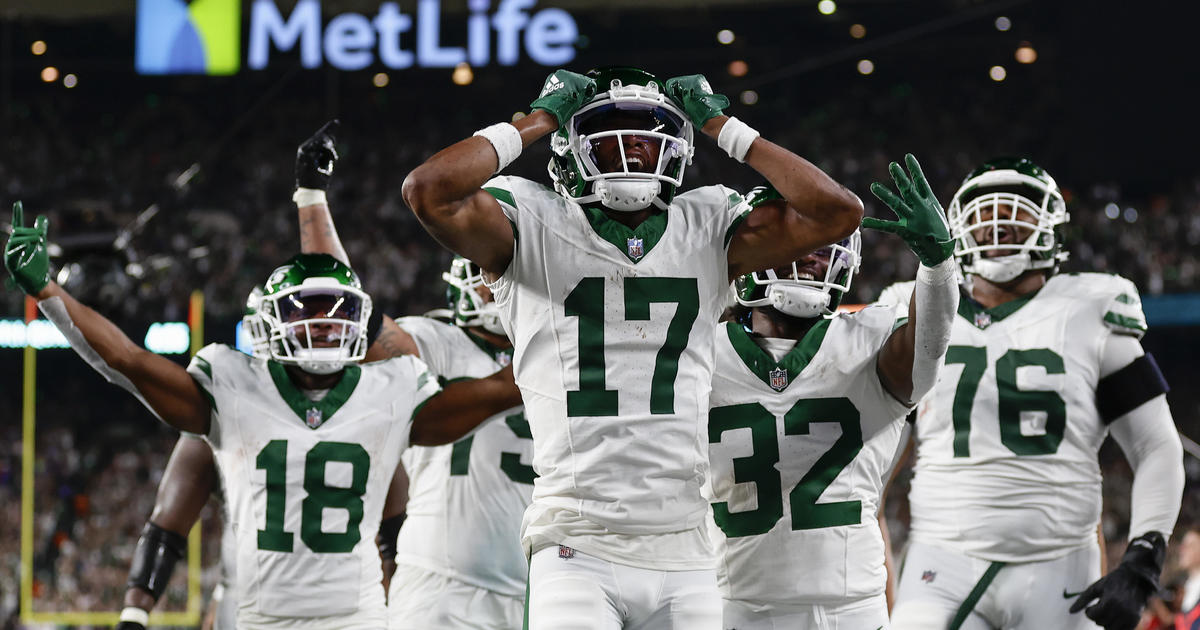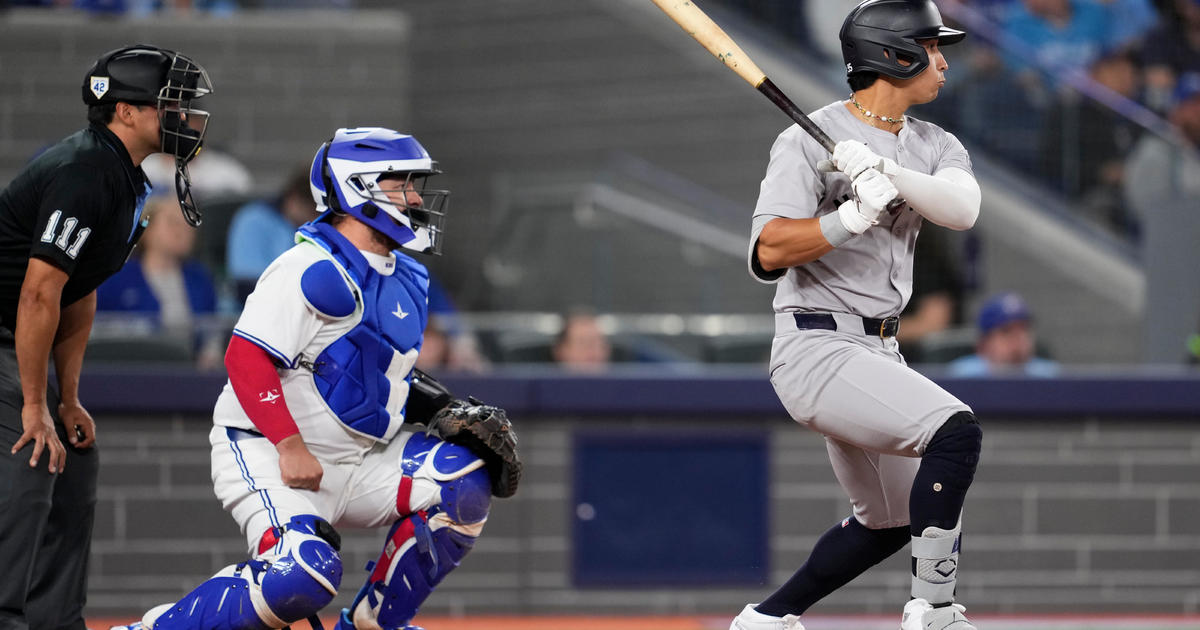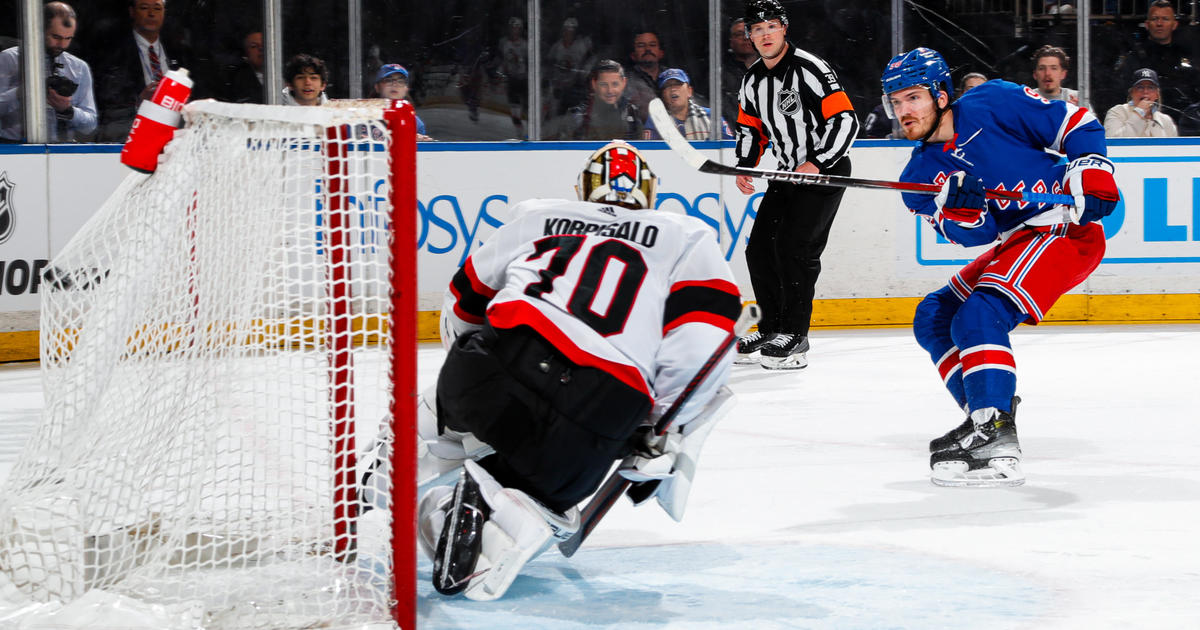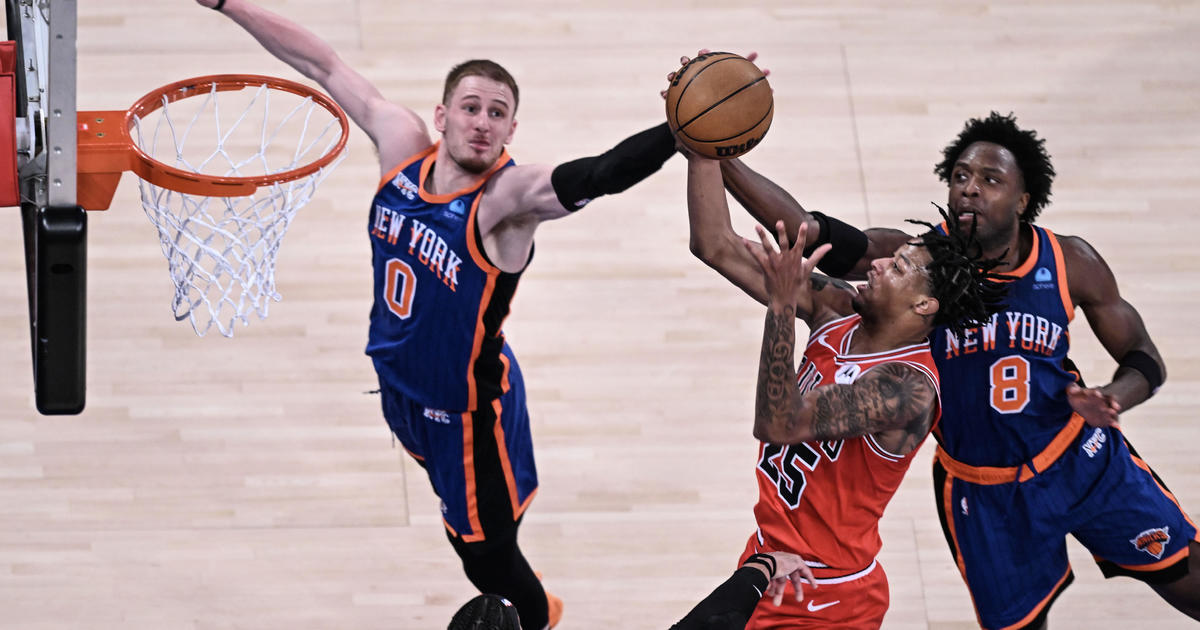By The Numbers: Collusion - A Look Back
By Father Gabe Costa
» More Columns
Mr. Daniel Prial is the last of our "sabermetrics student bloggers" for this semester. Like a few of our recent guest writers, he reflects on a pretty controversial topic. Enjoy!
Daniel Prial: In the eyes of former MLB Commissioner Fay Vincent, "It was the most important event in baseball in the past 30 or 40 years." He wasn't talking about Hank Aaron's 715th home run, Pete Rose getting banned from the game, Bill Buckner's blunder, the introduction of talent from Asia highlighted by Ichiro, or the McGwire-Sosa home run race of 1998. He wasn't even talking about the players' strike which cancelled the '94 World Series – an event that had withstood two World Wars and the Great Depression without being cancelled.
He was talking about collusion.
Wait… what!? Collusion!? As a die-hard baseball fan for the 22 years I've spent on this planet, I had never really heard of collusion until in-depth research on my senior thesis into baseball's management-labor relationship led me to it.
So what was collusion, why was it so important, and why do so few people know about it (and even fewer understand it)?
Early in 1953 Pittsburgh's super slugger Ralph Kiner had just completed one of the most dominant seven year stretches in baseball history. He led or tied the National League in home runs all those years, and was voted an All-Star in the last five of those seven. Yet, Pirates owner Branch Rickey forced Kiner to take a pay cut going into the 1953 season saying, "We finished last with you, we can finish last without you."
Of course, this would be unheard of in today's game because of free agency; something which hadn't existed in Kiner's time. Without a market of other teams, the Pirates essentially had a monopoly on Kiner; thus he was forced to accept their demands if he wanted to play.
Free agency fixed this by creating a market where teams had to bid on a player, who could then choose whichever team was willing to pay the most. A fairly simple principle of economics was operative: the more teams accessible to and interested in a player, the more money the player will make. While benefitting the player, this significantly hurt the owners, as increased salaries decreased owners' profits.
Fast forwarding with respect to free agency, during the years 1986-1988, the owners responded with collusion: an under the table "gentleman's agreement" to not bid on the players of another team, undermining free agency by eliminating the market for players.
So why was collusion such a landmark event? To answer this, one would have to go back and evaluate the MLB labor-management relationship from the origins of the Major League Baseball Players' Association (MLBPA) headed by Marvin Miller. The gains made by Miller and the players over the previous two decades had helped make the MLBPA one of the most powerful unions in the nation – regardless of industry. In 1985, Donald Fehr officially took over as the chief of the MLBPA with incredibly big shoes to fill.
Collusion was the first major incident he faced as head of the players' union, and in the end he won the players nearly $300 million dollars in damages from the owners. It was, in the words of Fay Vincent, "The most egregious breaking of trust in baseball history… it destroyed any chance of civility on the part of the players."
The owner who took the lead in coordinating collusion was a man by the name of Bud Selig. Because of the history of bitter labor relations with collusion to top it all off, Selig and Fehr have always had poor relationship. This manifested itself throughout Selig's term as Commissioner, as Fehr would oppose nearly anything proposed by Selig in collective bargaining – to include testing for performance enhancing drugs.
It is difficult to truly explore the gravity of an event such as collusion with such few words. What is incredibly striking, however, is how little attention it has gotten otherwise. In his book Juicing the Game: Power, Drugs, and the Fight for the Soul of Major League Baseball, Howard Bryant does an incredible job detailing MLB labor relations over the years. However, even he just glosses over the issue of collusion.
Why is this not more explored? Is it because it's a black eye for baseball? Perhaps it's because most fans only care about the on-field issues and not the business behind the game? The management-labor relationship in baseball, especially compared to that of the other major professional sports, is a dramatic story that has an incredible effect on the game even as it exists today.
Even less understood is its landmark event: collusion.



